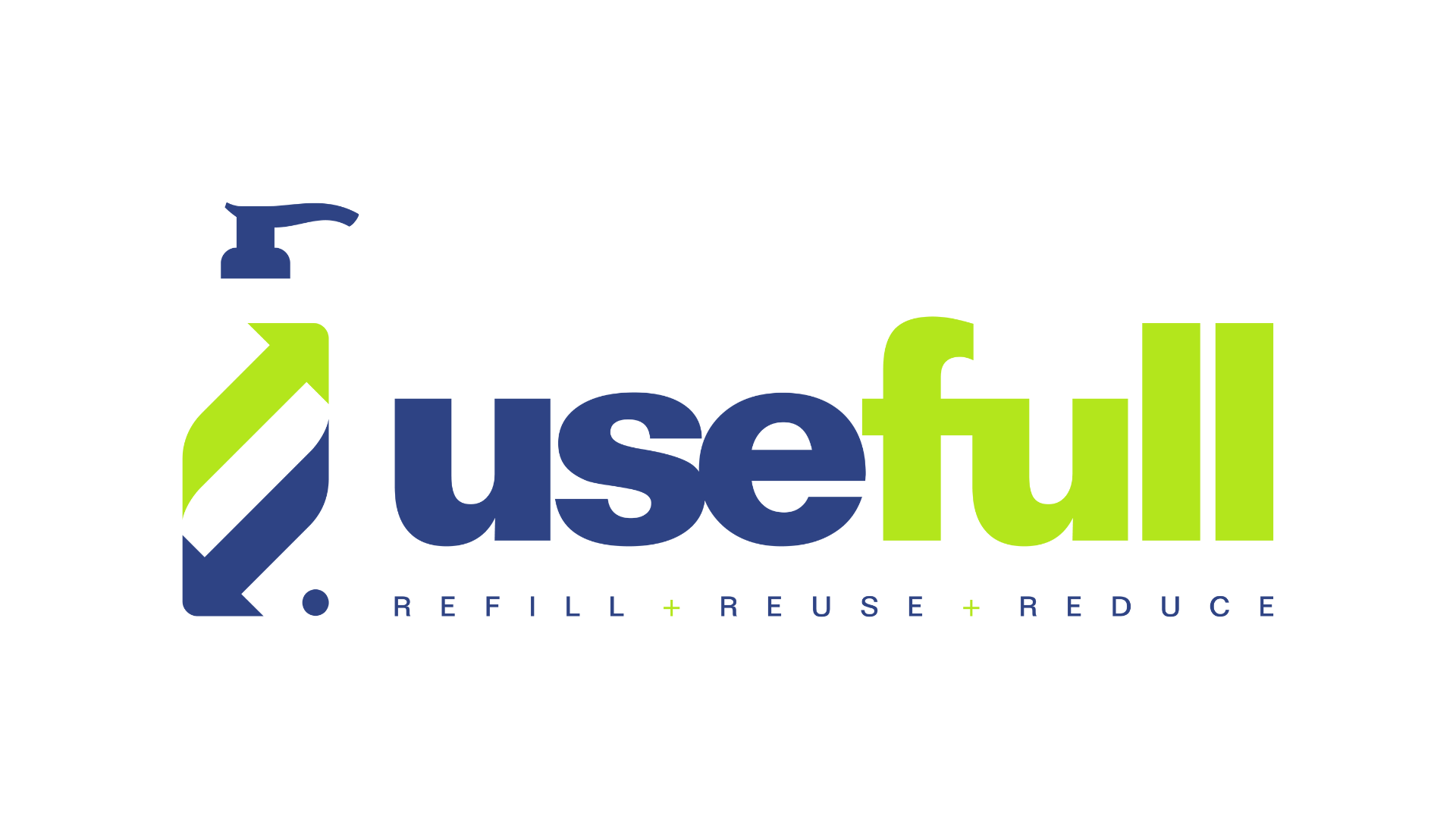Overflowing trash cans and littered beaches may be the most visible problems associated with plastic, but they're just the tip of the iceberg. Plastic pollution affects people, animals, and the planet at every stage of its lifecycle. For Plastic Free July, let's take a good look at just why plastic is so polluting.
Plastic Pollutes at Every Stage of its Life Cycle: Extraction, Production, Consumption, and Disposal
Extraction: The vast majority of plastic is made from fossil fuels - ie. oil, the same stuff that powers cars and planes. Extracting fossil fuels including oil and natural gas contributes significantly to climate change and the byproducts from the extraction pollutes rivers, oceans, land, and air. In fact, as the auto industry shifts toward electric vehicles, the oil industry is relying on the growth of plastics to rake in more profits at the expense of the planet.
Production: Once the oil is extracted, it undergoes chemical transformations to become plastic. This process involves using vast amounts of dangerous chemicals and produces toxic byproducts, including poisonous chemicals that pollute our waterways and fumes that pollute our air. In Louisiana's Cancer Alley, where numerous plastic plants are located, residents suffer from higher cancer rates due to these harmful emissions.
Consumption: Although we can't see it with the naked eye, plastic products release microplastics when used. These minuscule fragments of plastic are light enough to be carried to every corner of the planet and small enough to be ingested by organisms of all sizes. While research on the impact of microplastics on human health is still in its early stages, studies have found them in human organs, blood and and even in the placenta. Given that plastic contains toxic chemicals, it's not ideal to have it inside our bodies. Moreover, plastic can leach chemicals into food, especially when in contact with fatty or acidic foods. Heating plastic can accelerate chemical leaching, so it's best to avoid using plastic containers for food, opting for glass, ceramic, or stainless steel instead.
Disposal: Here's a surprising fact - 91% of plastic ever created has never been recycled. Despite the constant messaging on recycling, the truth is that plastic is not designed to be recycled. Plastic degrades when recycled and it's cheaper and easier for companies to produce new plastic. Globally, only 9% of plastic waste is recycled, around 20% is burned (releasing toxic fumes), more than 60% ends up in landfills, and the rest is mismanaged (think litter on streets and dumping into rivers). Plastic in landfills can leach chemicals into the ground and persist for hundreds of years (one plastic water bottle takes 450 years to break down), posing long-term environmental threats that we cannot even begin to understand.
How to Act Locally and Globally
Avoiding plastic entirely is impossible, and that's not what I'm suggesting. The plastic we can do without is the throwaway kind - disposable and single-use plastics, such as plastic bags, utensils, food containers, styrofoam cups, straws, and packaging. In fact, 40% of all plastic produced is for single use and for packaging.
On a larger scale, we must demand change and support initiatives like the Global Treaty to End Plastic Pollution. This treaty urges governments to reduce plastic production, hold polluters accountable, and protect affected communities. Organizations such as Break Free From Plastic and Plastic Pollution Coalition are driving this movement, and I encourage you to check out their websites and join the cause.
Plastic Free July, a global movement to reduce single-use plastic, is a great time to look for ways to reduce single-use plastic in your life. We're encouraging people to make One Swap this month, whether it's a reusable safety razor for the disposable kind, or reusable paper towels for single use, switching one disposable product goes a long way over time and over thousands of people. Follow our social channels for ideas, inspiration and more: TikTok, Instagram, Facebook.
Written by a human, edited with the help with AI.

